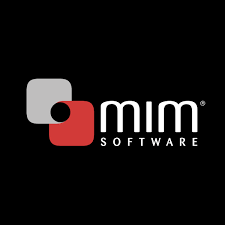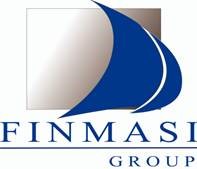
Our collection of resources based on what we have learned on the ground
Resources
podcast
Tax Implications of Permanent Establishment Status in China presented by Sabrina...

- December 2012
- Free Access
Sarina Zhang, National Tax at Dezan Shira & Associates, discusses permanent establishment’s (PE) importance for companies sending employees to China for short term business trips.
DTA
Tax Information Exchange Agreement between Bermuda and Singapore

- December 2012
- Free Access
Tax Information Exchange Agreement between Bermuda and Singapore
DTA
Double Taxation Avoidance Agreement between Thailand and Taipei

- December 2012
- Free Access
Double Taxation Avoidance Agreement between Thailand and Taipei
magazine
Der große Steuervergleich für Asien

- December 2012
- Members Access
In einem zunehmend vernetzten Asien blicken viele ausländische Investoren über China hinaus und nutzen ihre Erfahrungen in China, um das Investitionsumfeld in Ländern wie Indien und Vietnam zu verstehen.
magazine
La Guida fiscale per l’Asia

- December 2012
- Members Access
In unâAsia sempre più interconnessa, molti investitori stranieri stanno puntando oltre la Cina, facendo tesoro della loro esperienza nel regno di mezzo, per comprendere le possibilità di investimento in paesi come India e Vietnam.
magazine
Annual Compliance and Audit

- December 2012
- Members Access
In Vietnam, the standard tax year is typically the calendar year, and therefore the deadline for foreign-owned entities to submit audited financial reports to the relevant authorities is March 31. These reports are generally submitted to licensing au...
Q&A
What requirements are in place to be eligible for tax incentive in Western regio...

- December 2012
- Free Access
From January 1, 2011 to December 31, 2020, enterprises can enjoy a reduced corporate income tax at a rate of 15 percent, upon fulfilling the below criteria and being approved by the relevant tax office: Based in the western region (including, but ...
Q&A
How is withholding tax defined in China?

- December 2012
- Free Access
Withholding tax is levied on passive income – such as dividends, interests, royalties, bonuses, other equity investment gains, rentals, transfer of property – received by non-resident enterprises from China. It is levied at a rate of 10 p...
Q&A
What are the general accounting treatments on revenues in Vietnam?

- December 2012
- Members Access
The revenue to calculate taxable income is the total proceeds from the sale of goods, processing amount, and services supply amount, including price subsidies, surcharges or anything else that enterprises are entitled to enjoy regardless of the colle...
Q&A
What are the general accounting treatments on reserve funds expenses in Vietnam?

- December 2012
- Free Access
Appropriations to all funds should be made in accordance with the articles of association and a board resolution. Provision for reserve funds must be computerized and strictly follow guidance from the Ministry of Finance.
Q&A
How is stock take carried out in Vietnam?

- December 2012
- Free Access
In conducting stock take, the following steps should be followed: Observe whether the stocks are neatly kept, whether bins are properly labeled, and whether large items are properly piled and marked. Check that counting is systematic and that pre...
Q&A
How human resources modifications should be reported in Vietnam?

- December 2012
- Free Access
The annual representative office (RO) report should state the policies which an RO applies to employees such as salary, bonus, insurance and other operations. If there are any changes related to the number of employees in a RO, the RO must report th...
Enquire for more information about our services, and how we can help solve challenges for your organization
Contact UsOur Clients
Discover our esteemed global clients across diverse sectors. We believe in providing our clients with exceptional service and a commitment to being their partner for growth in Asia.
See what our clients say about us



























